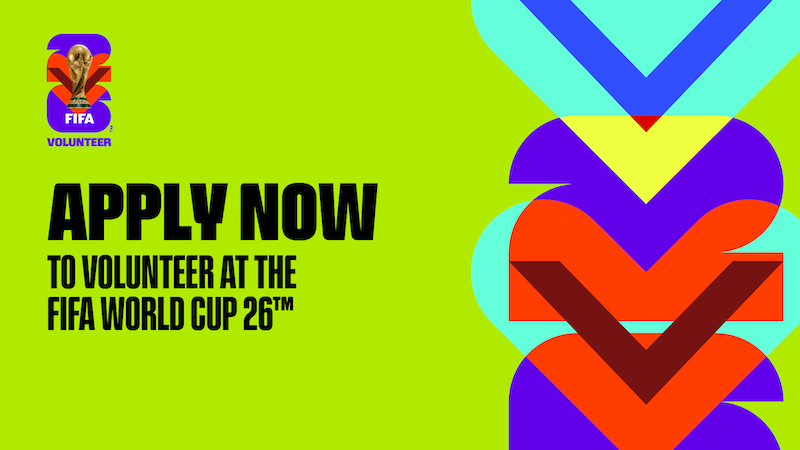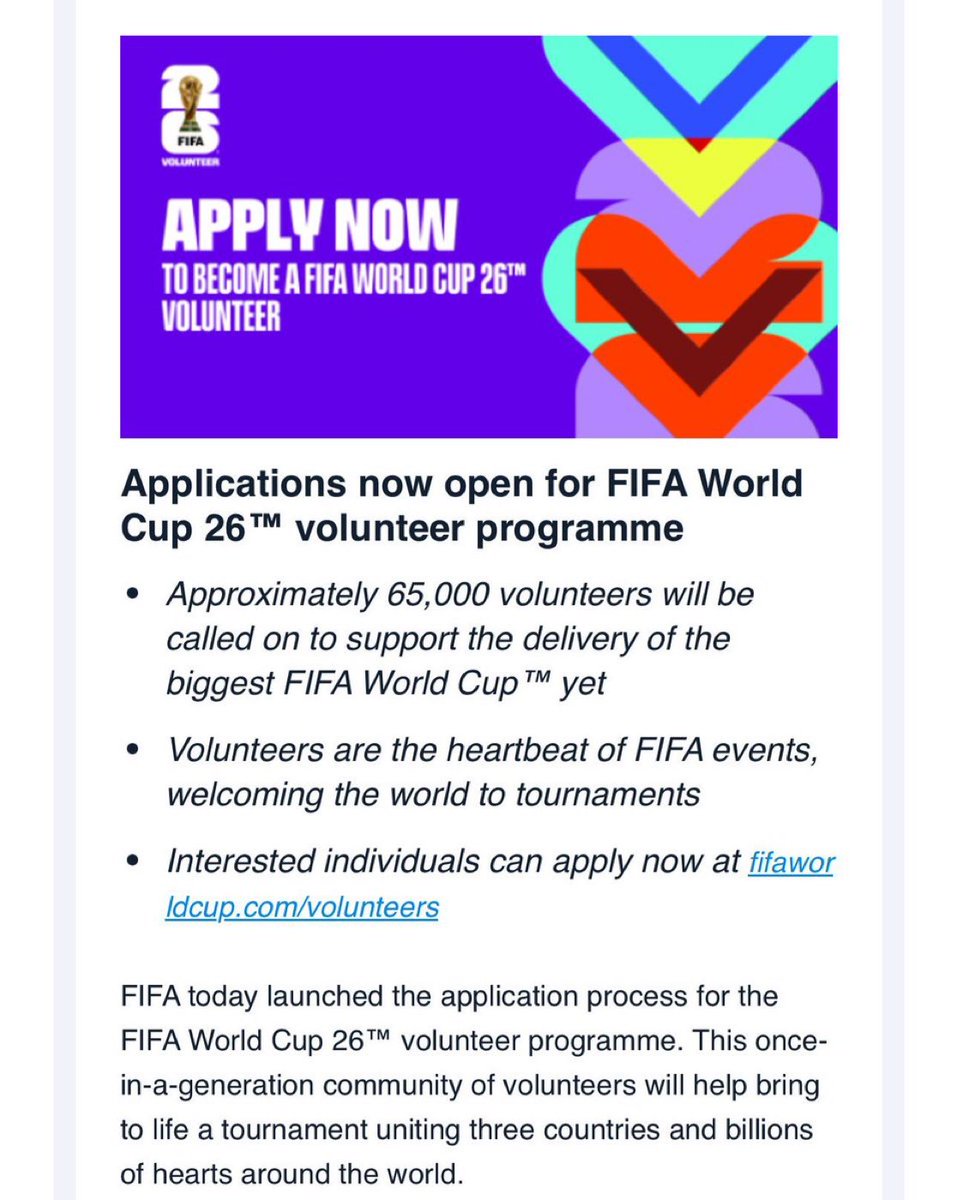Honestly, the whole idea of volunteering for a major World Cup feels like a big shiny promise that often turns into an empty tin can. I wanted to figure out if that was true, or if my cynical side was just winning. This whole journey, this whole log, started because of my friend, Mark.

The Ghost of World Cups Past
I watched him lose himself in the last big international tournament. He’d talk about ‘The Experience’ and ‘Being Part of History.’ He absolutely loved it. He wore that silly uniform everywhere. Then the tournament ended. They sent him the cheap, flimsy certificate weeks late. They promised a small allowance to cover travel and food. You know what? That allowance never showed up. He chased them for months. He called, he emailed. Silence. He quit chasing, completely burnt out. That really pissed me off.
I figured, if they’re going to run this massive global event on the back of free labor, someone needs to track the actual path. Not the glossy website version. That’s why I opened the laptop and typed those three words: “Volunteer World Cup.”
The Application Black Hole
The first thing I noticed was how buried the real application was. I scrolled past a dozen dodgy agencies and ‘fan club’ sign-ups. I kept digging until I finally landed on the official-looking portal. It was slow. Like, dial-up slow. But I persevered. I clicked the ‘Register’ button and immediately regretted my life choices.

The initial form was a beast. It wasn’t just your name and address. They wanted a full work history, details about my language proficiency (I barely managed English and bad Spanish, but whatever, I ticked the box), and a mandatory “motivational essay.” I spent an hour crafting a truly unbelievable piece of optimistic crap about my deep passion for hospitality and global unity. I lied like a rug. I uploaded a passport photo where I look like I’d just woken up from a two-day nap. I hit ‘Submit’ and immediately deleted the whole thing from my brain.
Weeks dragged by. I checked the email. Nothing. I checked the spam. Nothing. I assumed my weird essay about global unity had rightly landed me in the digital bin.
The Call and the Clown Show Interview
Then, about six weeks later, I got the email. “Invitation for a Virtual Assessment.” I practically spat out my coffee. I was halfway there. They demanded I download some specific, obscure video conferencing software I’d never heard of. I spent a painful thirty minutes installing and testing it, convinced my whole setup was going to crash.
The interview itself was absolutely bizarre. It was with a poor twenty-something who looked like they were on their ninth interview of the hour. They didn’t ask me anything about my actual professional skills, which I’d proudly listed. Nope. It was all these weird, highly specific behavioral questions.

- “Describe a time you had to deal with a very angry celebrity’s agent who lost their accreditation pass.”
- “If a crowd control barrier collapsed near the media entrance, what are the first three things you would do?”
I just winged it. I made up some story about ‘de-escalation’ and ‘radioing for support.’ I threw in some words like ‘synergy’ and ‘proactive engagement.’ The interviewer just nodded faintly, occasionally checking something on their second screen. It felt less like an interview and more like a tick-box exercise. I said goodbye, closed the laptop, and felt genuinely exhausted by the sheer fakeness of the interaction.
The Realization and The Decline
Another month went by. I was sure I’d failed the celebrity-agent question. But then, BOOM! The acceptance email arrived. “Congratulations! You have been selected for the Media Operations Team.” I got it. I was officially a World Cup volunteer.
But here’s the actual log, the part I wanted to share. This is the truth behind the shiny badge.
I started looking into the actual commitment. The training schedule was twenty hours of online modules, plus three mandatory in-person training days. The shifts were often 10-12 hours long. They demanded you be available during specific blackout dates. And the fine print in the ‘Commitment Letter’ made one thing perfectly clear: I owed them my time, and they owed me absolutely nothing except a cheap uniform and a pat on the back.

I spoke to a guy who worked in logistics during the last event. He told me the volunteer system is designed for one thing: to cut costs on entry-level labor that usually cost a fortune in a host nation. They staff the entire event on passion and the promise of a CV booster, not actual compensation. He said they used up thousands of people, chewed them up, and then spit them out, delaying certificates and stipends until people just gave up, exactly like Mark.
I held that acceptance email for two days. I looked at the enormous time commitment. I compared it to the zero pay and the high probability of being treated like a disposable asset. I remembered Mark’s tired face when he told me the allowance wasn’t coming.
I made my decision. I opened my email, thanked them for the offer, and politely declined, citing a ‘sudden change in my professional commitments.’ It was a huge weight off my chest.
The whole exercise proved my initial suspicion. It’s an incredible opportunity, yes, but you pay for it with blood, sweat, and zero dollars. I logged the whole process, got the acceptance, and then walked away with the ultimate insider knowledge: It’s a massive logistical machine running entirely on good intentions and terrible compensation, and I refused to be part of the unpaid fuel.
